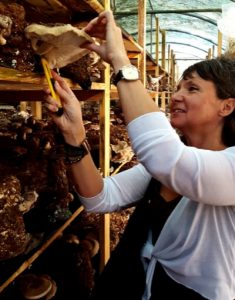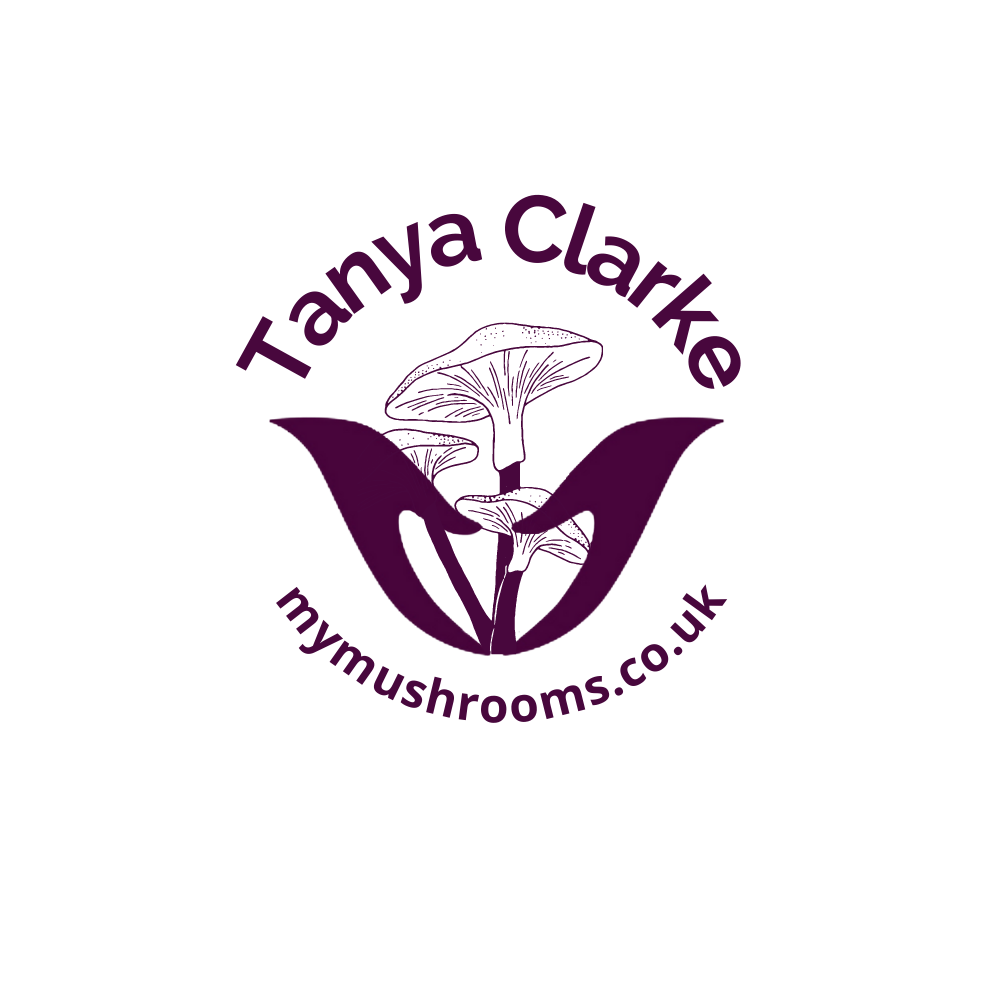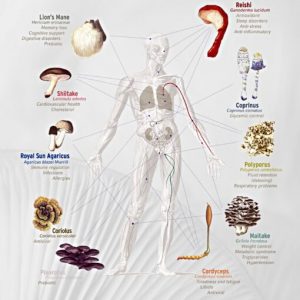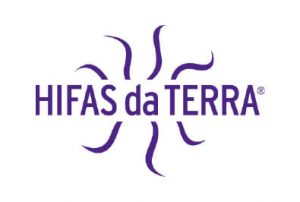SCIENCE
“It is not the strongest of the species that survives, nor the most intelligent. Survives the one that most adapts to change.”
~Charles Darwin
This quote by Charles Darwin could easily be used to describe fungi, an organism that is neither plant, nor animal, but one of the oldest living organisms on our planet.
Mushrooms are part of the Fungi kingdom, fascinating organisms that have survived by evolving and adapting to ever-changing scenarios. It is estimated that there are 1.5 million species of fungi in the world. Of these, only 100,000 have been named and we barely know about a hundred in depth. They are an intelligent and adaptable kingdom that has built a chemical cloak of protection over the millennia of years they have survived on Earth.
Fungi have built an underground web-like connection with its branching threads, referred to as ‘the internet of nature’, creating a superhighway of information sharing membranes that enables the flow of essential nutrients and communication around the eco-system.
Science also owes much to fungi with the discovery of Penicillin and its antibiotic properties that have changed the course of modern medicine.
Modern science has discovered many health-promoting qualities in mushrooms, including:
- lipid-lowering
- immunomodulatory
- anti-tumour
- anti-oxidant
- anti-viral
- anti-bacterial
- anti-parasitic
- hepatoprotective
- anti-diabetic and more.
The image shows ten of the most common types of mushrooms used to make health boosting supplements. The lines point to the areas of the body these mushrooms help.
- Reishi: Antioxidant, Sleep disorders, Anti stress, Anti inflammatory.
- Coprinus: Glycemic control.
- Polyporus: Fluid retention, Detoxing, Respiratory problems.
- Maitake: Weight control, Metabolic syndrome, Triglycerides, Hypertension.
- Cordyceps: Tiredness and fatigue, Libido, Antiviral.
- Pleurotus: Prebiotic
- Coriolus: Antiviral
- Royal Sun Agaricus: Immune regulation, Infections, Allergies.
- Shiitake: Cardiovascular health, Cholestorol.
- Lion’s Mane: Memory loss, Cognitive Support, Digestive disorders, Prebiotic.
In the last 30 years, thousands of scientific articles have been published and multiple trials support the broad clinical application of their ingredients.

Mycotherapy focuses on the research and development of mushrooms as nutritional supplements for the maintenance and improvement of both human and animal health.
The term was created in 2006 by the scientific team at Hifas da Terra, to refer to therapy using mushrooms.
Tanya has trained at Hifas da Terra in Spain as a Mycotherapist.
Hifas da Terra is committed to health and wellbeing through the continuing research of Mycotherapy and the innovative development of high-quality supplements for the nutritional support of pathologies and imbalances.



